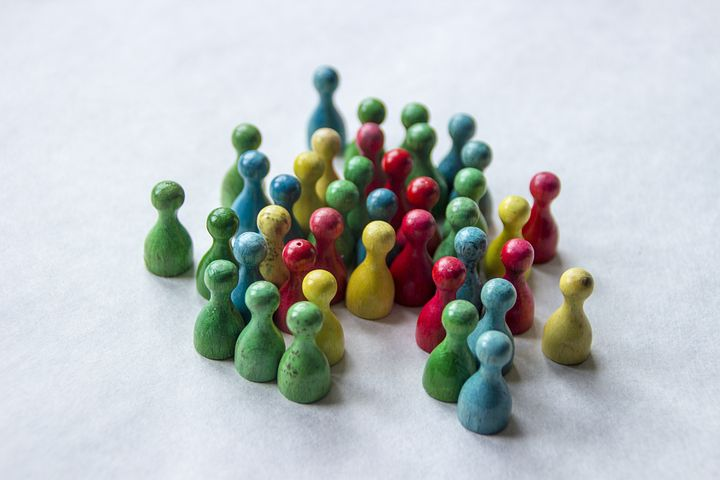How does the greed of power impact individuals and society?

The greed of power can have various negative impacts on individuals and society, such as:
Mental health: individuals who become consumed by the greed of power may experience stress, anxiety, depression, or other mental health problems as they become isolated from others and lose their sense of purpose and meaning.
Social inequality: the greed of power can lead to the concentration of power and resources in the hands of a few, leading to social inequality and marginalization of disadvantaged groups.

Corruption: the greed of power can lead to corruption, as individuals use their power for personal gain, leading to the misuse of public funds, nepotism, and other forms of unethical behavior.
Human rights violations: the greed of power can lead to human rights violations, as individuals use their power to suppress dissent, discriminate against minorities, or commit acts of violence and repression.
Instability: the greed of power can lead to political instability, as individuals fight for power and control, leading to polarization, conflicts, and the erosion of democratic values.
How can we overcome the greed of power?

Overcoming the greed of power is a complex and challenging task, as it involves addressing deep-seated individual and societal issues. However, here are some strategies that can help:
Foster empathy and compassion: cultivating empathy and compassion towards others can help individuals to see beyond their own self-interest and develop a sense of responsibility towards the well-being of others and the larger society.
This can involve practices such as mindfulness, volunteering, or engaging in social activism.
Develop ethical leadership: promoting ethical leadership that prioritizes honesty, transparency, and accountability can help prevent the greed of power and promote responsible and effective governance.
Strengthen democratic institutions: strengthening democratic institutions and processes can help ensure that power is distributed fairly and that individuals have a voice in shaping their society.
Educate for social responsibility: educating individuals on the importance of social responsibility, ethical behavior, and civic engagement can help promote a culture of accountability and respect for human rights.
Promote diversity and inclusion: promoting diversity and inclusion can help prevent the concentration of power in the hands of a few and ensure that all individuals have equal opportunities to participate in society.
In conclusion, the greed of power is a destructive force that can have severe consequences on individuals and society.
It's driven by a deep-seated desire for control and superiority that can blind individuals to the harm they cause to others and the larger society.
Overcoming the greed of power requires a collective effort to promote empathy, ethical leadership, democratic values, social responsibility, and diversity and inclusion.
By working together to prevent the greed of power, we can create a more just, equitable, and sustainable world for all.